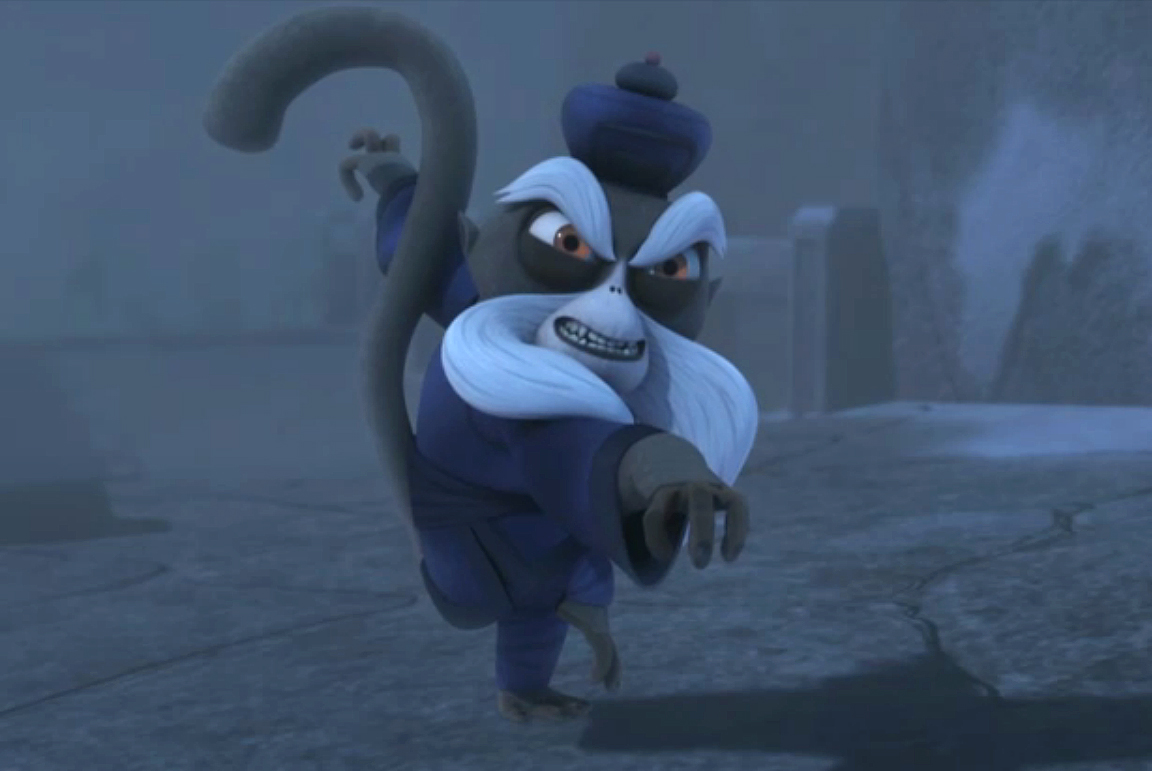
Sun argued that although in craftsmanship it is a lesser work than Dream of the Red Chamber, it surpasses the latter in “depth and vigour”. It has been described as a “milestone” in Chinese fiction for its character development, particularly its complex treatment of female figures. Plaks ranks Jin Ping Mei as one of the "Four Masterworks of the Ming Novel" along with Romance of the Three Kingdoms, Water Margin, and Journey to the West, which collectively constitute a technical breakthrough and reflect new cultural values and intellectual concerns. The American scholar and literary critic Andrew H. The early Qing dynasty critic Zhang Zhupo remarked that those who regard Jin Ping Mei as pornographic "read only the pornographic passages." The influential author Lu Xun, writing in the 1920s, called it "the most famous of the novels of manners" of the Ming dynasty, and reported the opinion of the Ming dynasty critic, Yuan Hongdao, that it was "a classic second only to Shui Hu Zhuan." He added that the novel is "in effect a condemnation of the whole ruling class." Ximen and Golden Lotus, illustration from 17th-century Chinese editionįor centuries identified as pornographic and officially banned most of the time, the book has nevertheless been read surreptitiously by many of the educated class. In the course of the novel, Ximen has 19 sexual partners, including his six wives and mistresses, and a male servant.

The intervening sections, however, differ in almost every way from Water Margin. In Water Margin, Ximen Qing is brutally killed in broad daylight by Wu Song in Jin Ping Mei, Ximen Qing in the end dies from an overdose of aphrodisiacs administered by Jinlian in order to keep him aroused. The story follows the domestic sexual struggles of the women within his household as they clamor for prestige and influence amidst the gradual decline of the Ximen clan. The story, ostensibly set during the years 1111–1127 (during the Northern Song dynasty), centers on Ximen Qing (西門慶), a corrupt social climber and lustful merchant who is wealthy enough to marry six wives and concubines.Īfter Pan Jinlian secretly murders her husband, Ximen Qing takes her as one of his wives. The beginning chapter is based on an episode in which "Tiger Slayer" Wu Song avenges the murder of his older brother by brutally killing his brother's former wife and murderer, Pan Jinlian. Jin Ping Mei is framed as a spin-off from Water Margin. 1010) and Don Quixote (1605, 1615), there is no earlier work of prose fiction of equal sophistication in world literature." Jin Ping Mei is considered one of the six classics of Chinese literature.

Princeton University Press, in describing the Roy translation, calls the novel "a landmark in the development of the narrative art form-not only from a specifically Chinese perspective but in a world-historical context.noted for its surprisingly modern technique" and "with the possible exception of The Tale of Genji (c. Chinese critics see each of the three Chinese characters in the title as symbolizing an aspect of human nature, such as mei ( 梅), plum blossoms, being metaphoric for sexuality. Jin Ping Mei takes its name from the three central female characters- Pan Jinlian ( 潘金蓮, whose given name means "Golden Lotus") Li Ping'er ( 李瓶兒, literally "Little Vase"), a concubine of Ximen Qing and Pang Chunmei ( 龐春梅, "Spring plum blossoms"), a young maid who rose to power within the family. The explicit depiction of sexuality garnered the novel a notoriety akin to Fanny Hill and Lolita in English literature, but critics such as the translator David Tod Roy see a firm moral structure which exacts retribution for the sexual libertinism of the central characters. The most widely read recension, edited and published with commentaries by Zhang Zhupo in 1695, deleted or rewrote passages important in understanding the author's intentions. The novel circulated in manuscript as early as 1596, and may have undergone revision up to its first printed edition in 1610. It was published under the pseudonym Lanling Xiaoxiao Sheng ( 蘭陵笑笑生), "The Scoffing Scholar of Lanling," but the only clue to the actual identity is that the author hailed from Lanling County in present-day Shandong.

Jin Ping Mei ( Chinese: 金瓶梅)-translated into English as The Plum in the Golden Vase or The Golden Lotus-is a Chinese novel of manners composed in vernacular Chinese during the latter half of the sixteenth century during the late Ming dynasty (1368–1644).


 0 kommentar(er)
0 kommentar(er)
